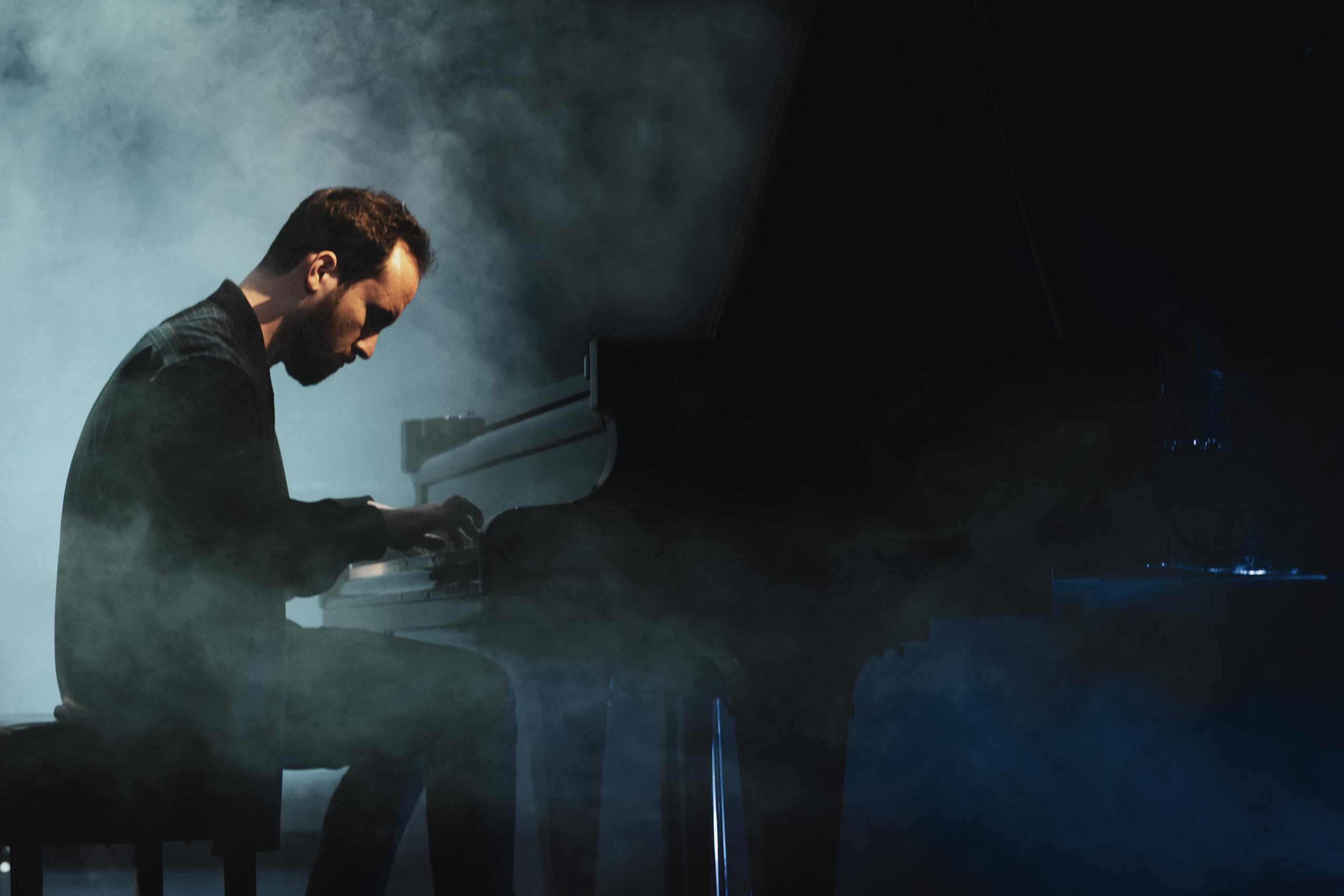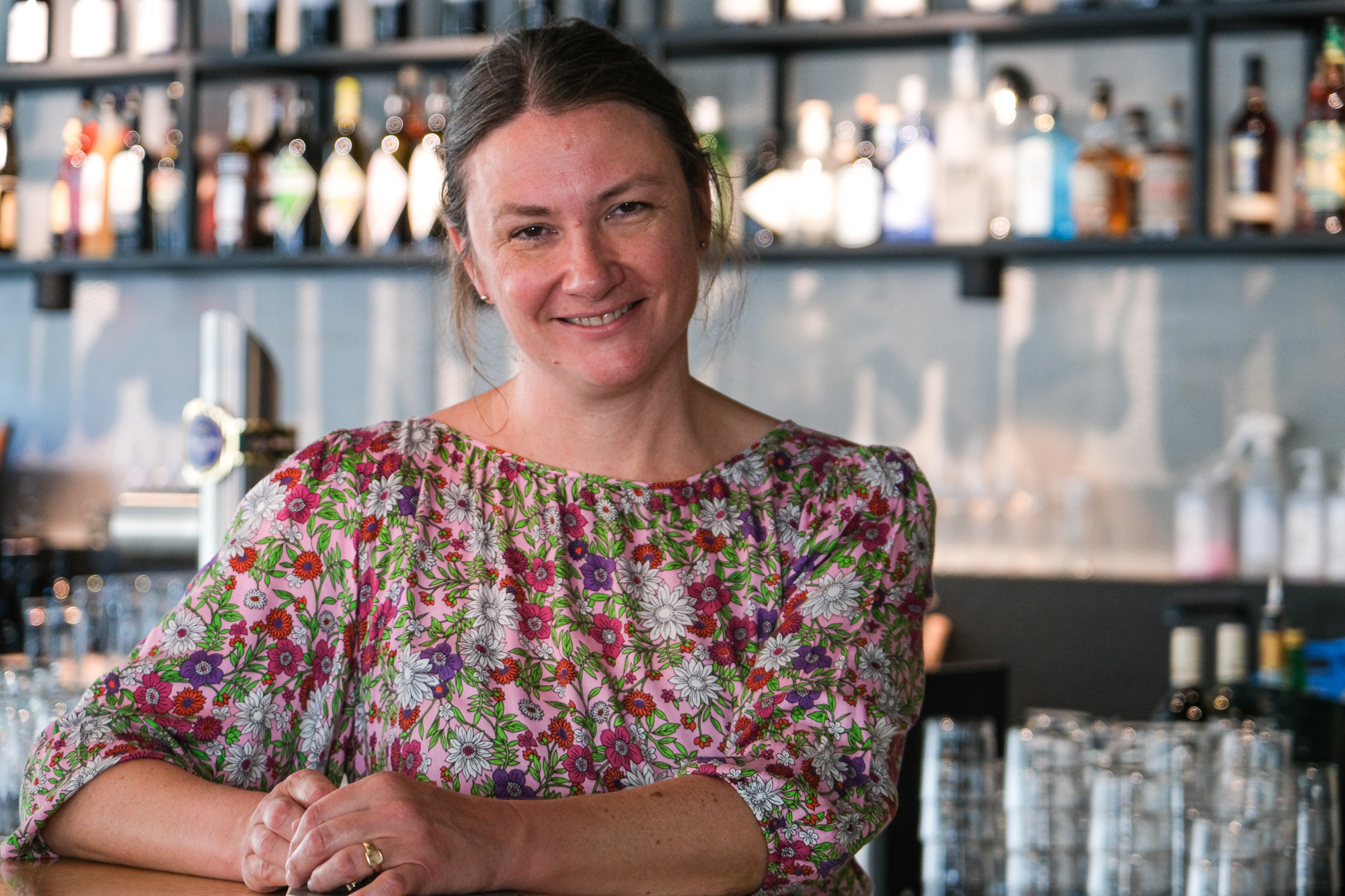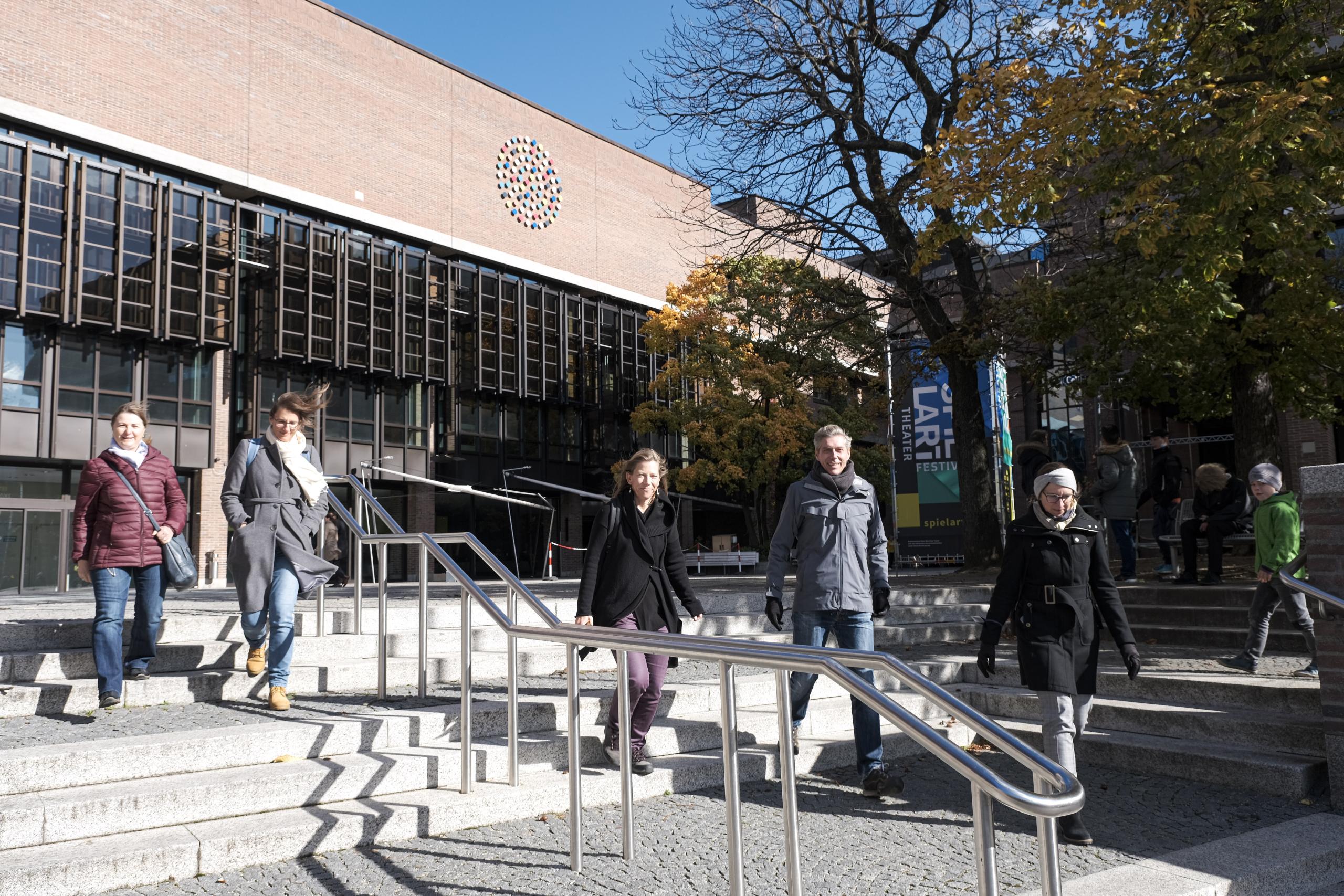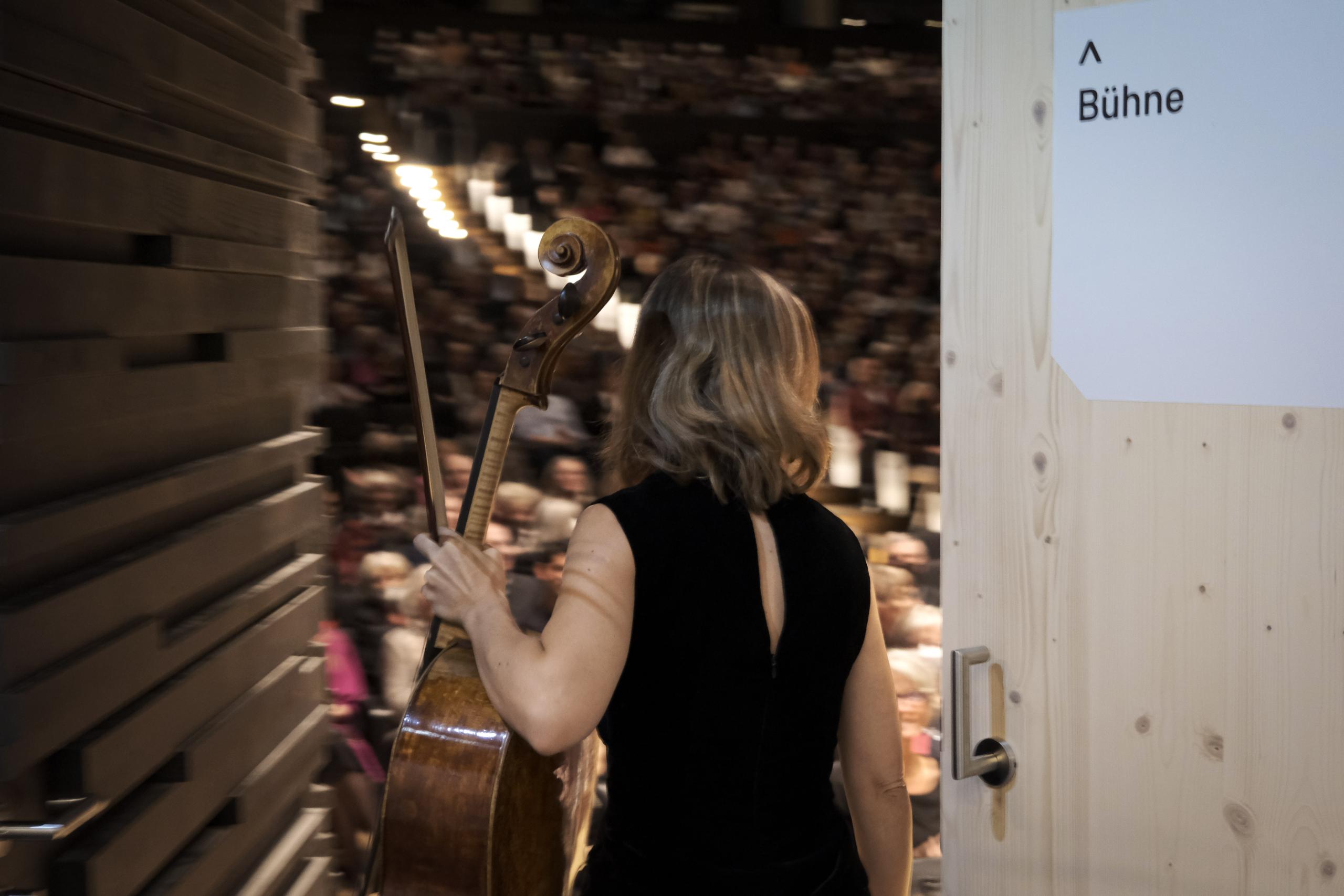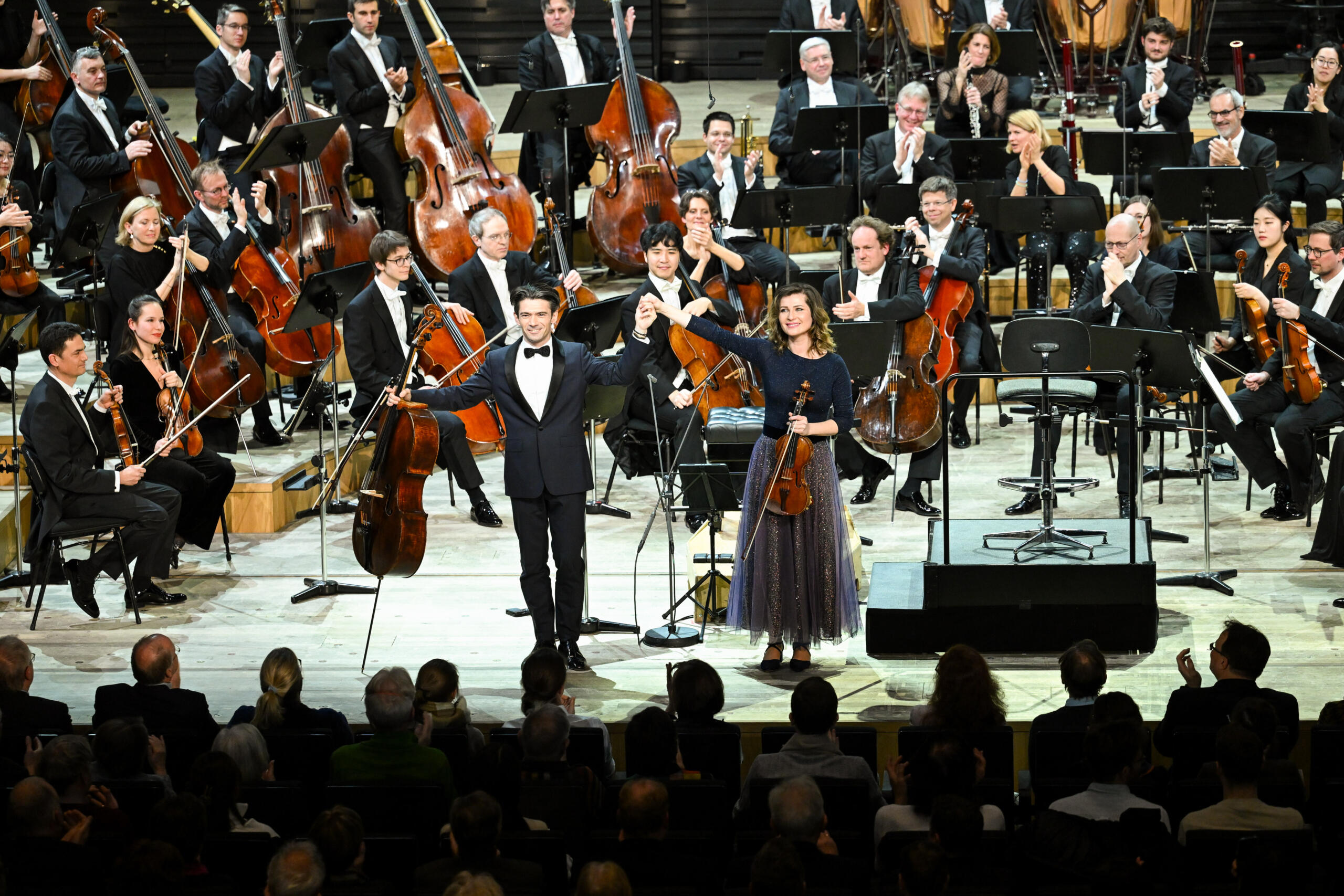On your website, you describe yourself as “citizen, European, pianist”. What do these mean to you and is the order important?
These are things I have always been convinced of. For me, these are like a pyramid that goes from the ground up to the top: I am the citizen of the country in which I live, in this case Germany. With that come certain responsibilities but also immense privileges, and that means I have something in common with many other people. With Europe, I am connected on many levels, but I am also critical of it. Becoming a musician and a pianist is something my life has evolved into In recent years. It’s something I always wanted to be, but which I also had the opportunity to be.
Why did you choose the piano?
That was always clear to me. There was always music at home and the piano was just there. My mother played, my sister too. The piano is a fantastic instrument for kids because you get a sense of achievement right from the start. Even if you can’t play it at all, you press a key and a sound comes out. We shouldn’t underestimate this psychological aspect. I started and haven’t stopped to this day.
“I’ve played in the Isarphilharmonie a few times and like it very much. It has something simple, straightforward and direct about it. A temporary venue of this amazing quality is a great gift. I also like the colour and the light. It’s a good feeling to be there and play, in whatever constellation.”

Tonight you’re playing at Carnegie Hall. How do you feel before a concert?
I always look forward to it very much. “Excited” sums it up well: I’m not nervous in the negative sense, but looking forward to performing. I don’t have any routines or rituals that I do before a performance.
And how do you feel after a performance?
That depends: When I’m not on my own, I enjoy the time after a concert because I can share the moment afterwards. But if I don’t have any familiar people around me, it’s often difficult because this interaction is missing. Then I get back to the hotel room after this intense evening of music and audience and find myself wondering what’s the point of it all. That’s tough sometimes.
It sounds to me as if you are always very much in the moment …
That’s right. I’m always in the moment. The moment is what’s most important to me. I’m not attached to the past, to things that are no more. The life that’s happening right now is exciting and fulfilling enough for me. How does this affect your music? My life, my fellow human beings, my thoughts flow into it. But it’s still here and now; the present that’s happening right now. When we musicians stop playing, there’s silence. In this regard, the Now is what matters most. Silence where there was music just a moment ago is not easy to take.

What was it like during the time of Corona, when all your gigs were cancelled?
It was a shock, and still is in its consequences. We haven’t reached the time yet where we no longer need to think about those days – quite the opposite, in fact. I knew from the first moment that I wouldn’t be able to keep making music if I lost the feeling that I was doing it for others. I spontaneously decided to use the technology available to stay connected. That’s how my concerts from home began. They didn’t ease the shock, but it gave meaning to my everyday life. They were the one good moment of the day.
What has changed since?
I’ve taken a huge level of artistic freedom. And I’ve made a very close connection with the audience, which continues to this day. This kind of freedom, of inner sovereignty, is very important for me and I won’t give it up. If I’m honest, this time has been both a shock and a challenge for me, but very personally also a great gift. Both a vast emptiness and a crazy development. I’m very grateful for that and I try to keep the experience alive for myself. Right now I am – as far as that’s at all possible in this world – a pretty happy person.
That’s good to hear. Because not all is going well in this world, you campaign against nationalism, anti-Semitism and sexism. Is it necessary for an artist to demonstrate a political standpoint as an artist?
That’s a tricky question. I regard it as my personal duty to counter injustice when I encounter it. I assume and hope that others see it that way too. But that has nothing to do with whether artists should express themselves politically. Artists don’t have to do that any more or less than anyone else. I find it absurd to derive a moral obligation to be political from this. The time of serfdom is long past! People have the right to decide for themselves how they lead their everyday lives.
You want to hear Igor Levit play?
Text: Anna Steinbauer
